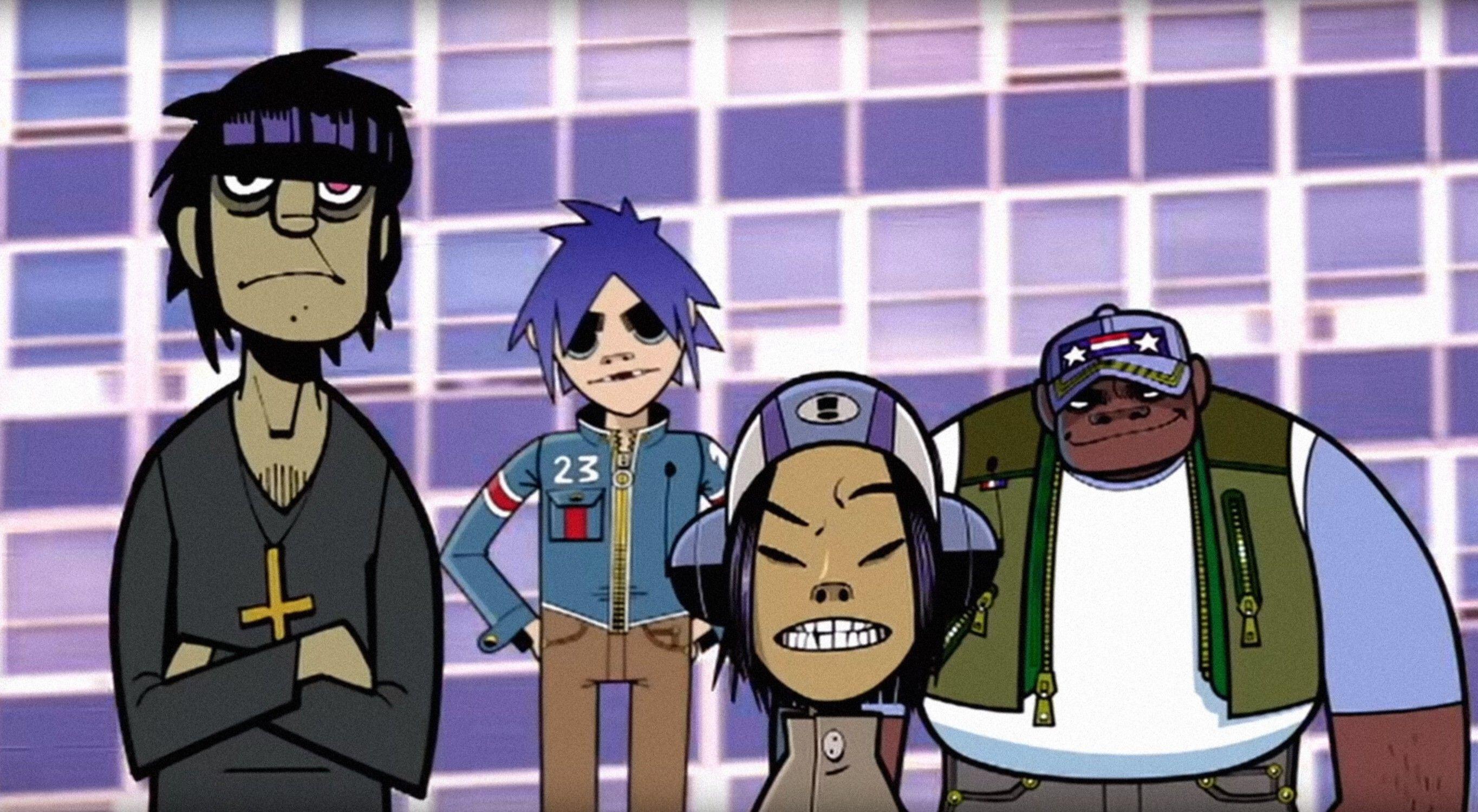What Chelsea need most... (and it isn’t a quick fix)
If you consider many of the great European clubs, they have one thing in common... one, possibly two, transformational managers who, in partnership with a board or a strong chairman/owner, laid the foundations on which a successful club must be based.
The glorious exception to this rule is Real Madrid. But Santiago Bernabeu, the clubâÂÂs greatest president, was almost a surrogate transformational coach in the 1950s, seizing the opportunity provided by the European Cup, signing a galaxy of players and inspiring a style of play that became a club trademark.
The transformational manager pattern works if you consider Ajax (Rinus Michel; Louis Van Gaal), Arsenal (Herbert Chapman in the 1930s and Arsene Wenger in the 90s), Inter (Helenio Herrera in the 60s), Dinamo Kyiv (Valeriy Lobanovsky), Liverpool (Bill Shankly in the 60s), Manchester United (Sir Matt Busby in the 50s and Sir Alex Ferguson in the 90s) and Milan (Arrigo Sacchi in the late 80s).
These managers are usually of a certain age when they take on their transformational challenge. Herrera was 50, Shankly and Wenger were 46, Ferguson 45, Sacchi 41, Michels 37, Busby 36 and Lobanovsky 35. They create a successful model which, all being well, could last 20-30 years.
But at some point, typically around 25 years, this model will become rusty and uncompetitive and need to be partially or wholly reinvented.
Have Chelsea waved goodbye to their best chance of sustained success?
UnitedâÂÂs failure to modernise the Busby model in the early 1980s coincided with a Bart Simpsonesque period of underachievement that persuaded the club to gamble on a tenacious, relatively unknown Scottish manager called Alex Ferguson.
Dinamo Kyiv, Inter and Real Madrid still have their reinventing to do â and their volatility may, ultimately, have more to do with this challenge than the calibre of coaches or players they hire.
Chelsea have not had such a manager. Even if Hiddink was so inclined â and Russia let him go â he may, at 62, be too old to inspire the kind of root and branch transformation the club needs to become an enduring, great power in European football.
Chelsea have the players, the backing, and much of the infrastructure â notably a ã20m training ground in Cobham â but they donâÂÂt seem, from the outside, to have developed the division of responsibility and boring structural stuff that underpins a club with the longevity of an Arsenal, Liverpool, Manchester United or Milan.
Nor, under Abramovich, have they developed a âÂÂChelsea wayâ of playing football in the way that WengerâÂÂs Arsenal and FergusonâÂÂs United have.
What Chelsea need, above all, is a gifted, inspirational manager in his 40s who pledges his long-term future to the club.
That could have been Mourinho. It could still be Ancelotti, who only turns 50 this summer. But it almost certainly wonâÂÂt be Hiddink even if he does become the first Chelsea coach to win the UEFA Champions League.
---------------------------------------------------
Get FourFourTwo Newsletter
The best features, fun and footballing quizzes, straight to your inbox every week.
FourFourTwo.com: More to read...
Web Exclusive interview from Champions with Guus Hiddink
NEWS: Defender Alex delighted with Hiddink appointment at Chelsea
More Professor Champions League blogs
Blogs Home
Champions League News
News Home
